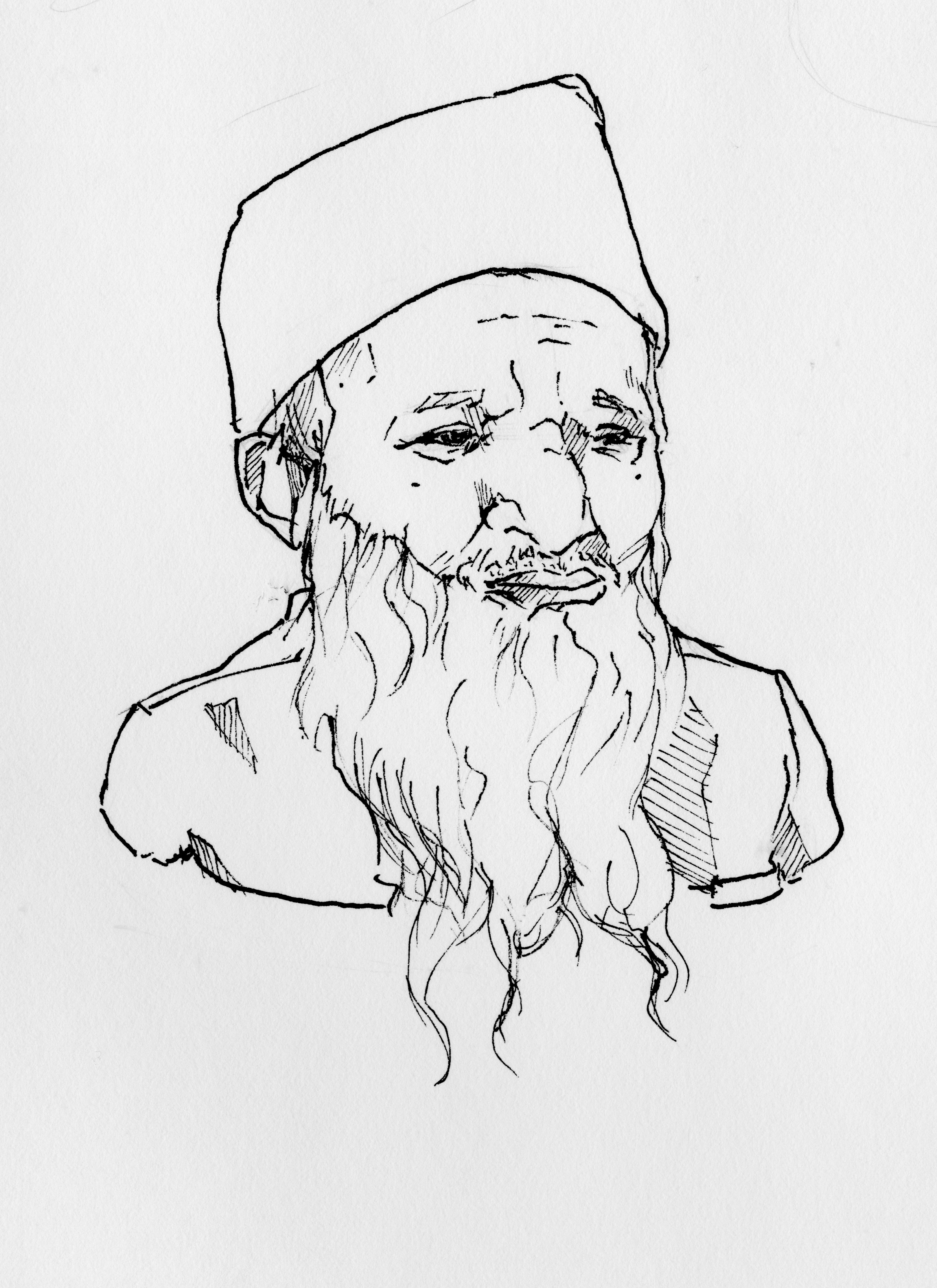
Michael Holmes
If you have met anyone from Pakistan, you will know that there is not much we can agree on as a people. No two Pakistanis have quite the same political views, or the same favorite food. Even cricket is no longer unifying. But one point of consensus is our reverence for Abdul Sattar Edhi, the renowned philanthropist and social worker. For this reason and many others, he deserves the Nobel Peace Prize, which will be announced this Friday.
Born in 1928 in the Gujarat region of modern-day India, Edhi moved with his family to Pakistan after the partition of the Indian subcontinent in 1947. His status as a refugee did not close his eyes to the poverty and suffering of his new countrymen or the lack of state welfare. He collected rupee after rupee and eventually raised enough money to start the Edhi Foundation. The foundation operated with a battered van, which served as an ambulance, and in a tiny room in Karachi’s Kharadar district. That room remains the foundation’s main headquarters.
Slowly and steadily, the Edhi Foundation developed into a vast network of ambulances and emergency responders across the country — the first to respond to any crisis. Whether with medical emergencies, terror attacks or even relief for faraway crises, Edhi was on the front line. Over time, his foundation opened orphanages, drug rehabilitation centers and vocational training centers for women, providing care and support for the most vulnerable members of society. Today, it provides a more effective welfare system than the Pakistani state. And it is funded entirely by private donations, a sign of the trust people have in Edhi.
What sets Edhi apart, however, was his unwavering compassion for all, regardless of religion, ethnicity or socio-economic status. He was a deeply apolitical figure: For over a decade, his organization cared for a deaf and mute Indian girl who strayed mistakenly across the border into Pakistan, despite historic tensions between the two countries. Even after he earned public recognition in the latter half of his life, he remained a remarkably simple man. His personal quarters consisted of a small white-tiled room, adjoined to his office with nothing but a bed and a sink; his wardrobe comprised just two tunics, because he felt he needed nothing else.
When social pressure led mothers to abandon children born out of wedlock, Edhi laid a cradle outside his center, protecting these children. When gun battles broke out between armed gangs in Karachi, even criminals would cease their fire to allow the Edhi ambulance to collect dead bodies: Such was the esteem in which he was held. In a deeply divided country in which non-Muslims are routinely discriminated against, he was once asked why his ambulances were deployed for religious minorities. His answer was simple: “This ambulance is more Muslim than you.”
In a year that has seen deep political divides — both in the United States and around the world — no individual deserves the Nobel Peace Prize more than Abdul Sattar Edhi. The award would make people all around the world aware of his example.
Our polarized world needs more role models like Edhi: We have too few examples of public figures who look at refugees as fellow human beings rather than threats. There are not enough stories of people who change the lives of thousands through sheer willpower and with almost no resources.
Edhi, almost penniless himself, emerged as a guardian angel for those who did not have the means to care for themselves. He accorded equal dignity to anyone who came to him for help. He proved that one does not have to be rich or well-connected to make a name for themselves in this world.
After Edhi’s death this past July, former Nobel Laureate Malala Yousafzai publicly stated that she would nominate him for the Prize. Although the Nobel Peace Prize is not typically awarded posthumously, there have been exceptions. Edhi deserves to be one of them.
Even today, Edhi’s example shines as a bright light of hope for Pakistanis. This hope ought to be shared by all who inhabit our fractured world.
SALAAR A. SHAIKH is a senior in Calhoun College. Contact him at salaar.shaikh@yale.edu .







